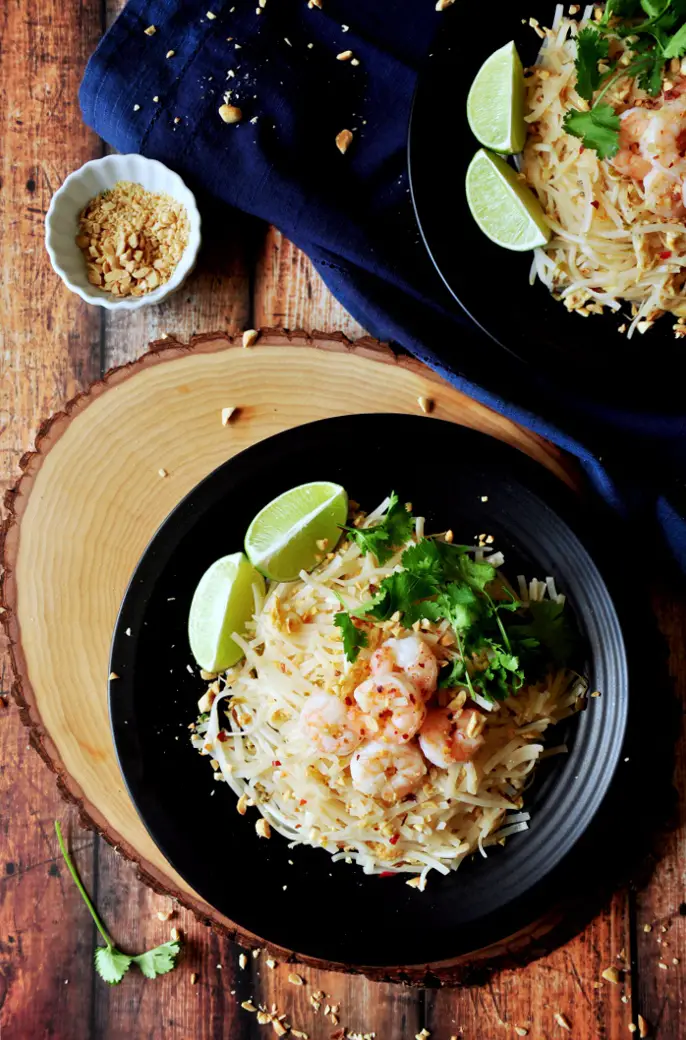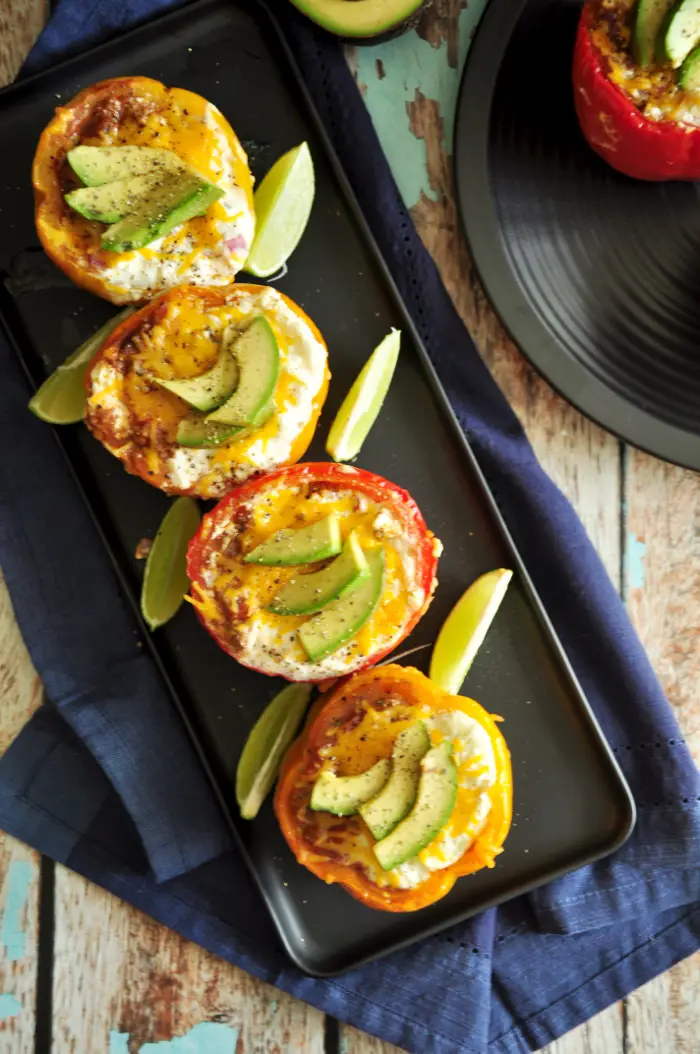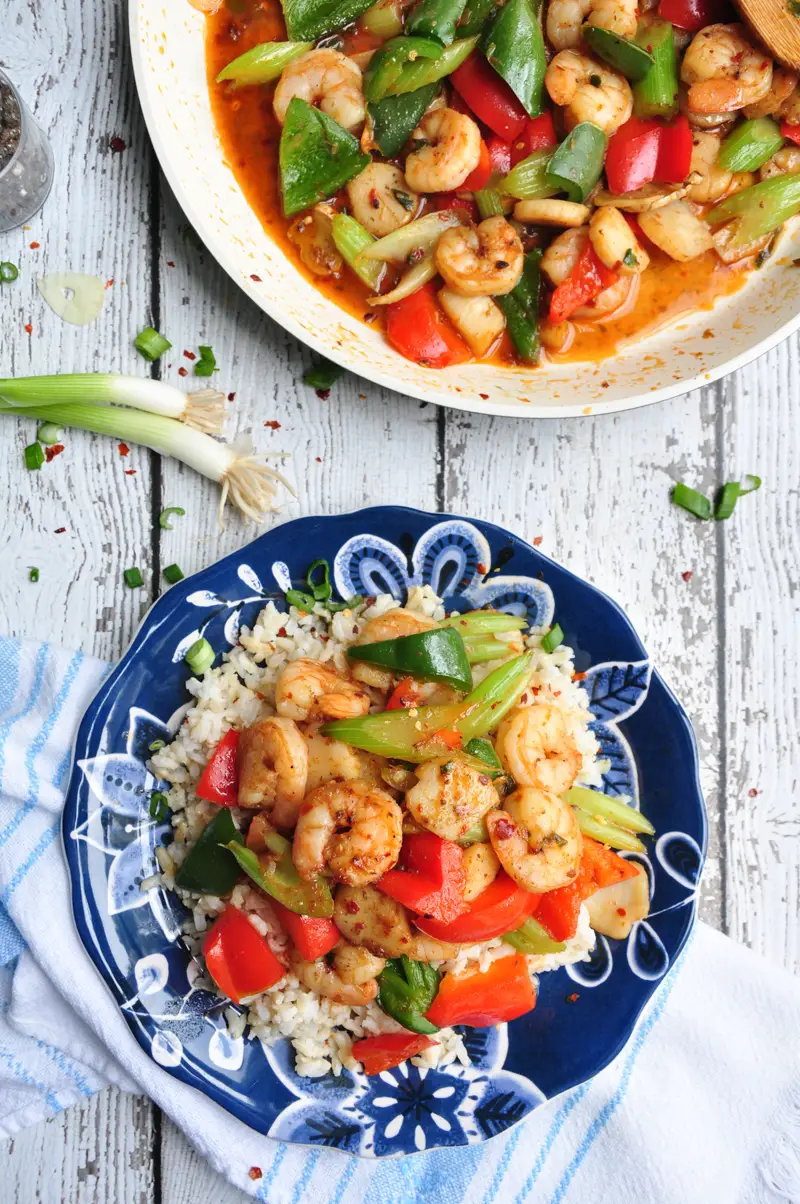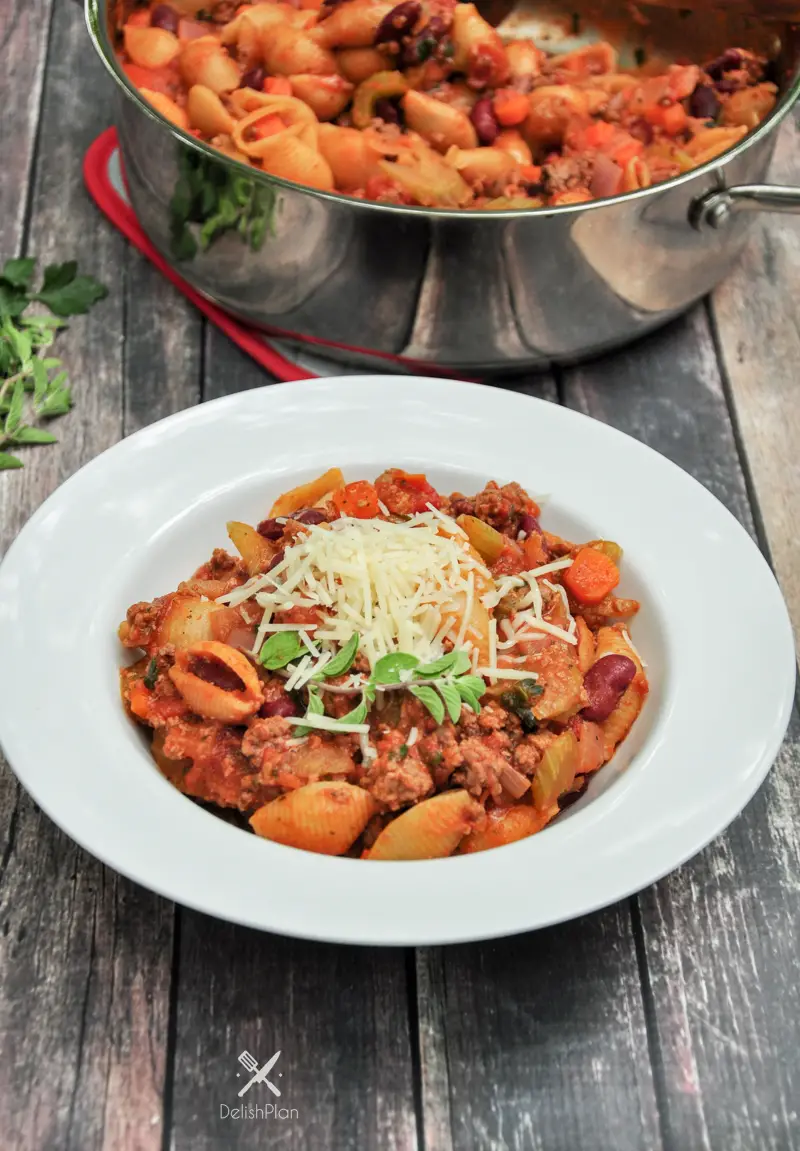Types of Meal Planning
Welcome to StreetSmart Kitchen’s meal plan series #2! Last week, we talk about why we should do meal planning. It obviously helps us save time and money. There’s no (or at least less) food waste. Knowing the recipes will keep you aware of the nutrition facts, which helps you eat healthier. And you get to enjoy a variety of food instead of burgers, pizza, or fried chicken repeatedly.

Think out of the box because when you do meal planning, the options are endless, and it’s not just because there are unlimited recipes to choose from. It’s also because with meal planning itself, we’ve got different types to explore, which multiplies our options.
This week, we are going to introduce three types of meal planning to you. We hope by the time you finish reading this post, you’ll be able to narrow down what type of meal planning suits you and your family the best.
Meal Planning Type #1 – Basic Meal Planning
You pick a few recipes that you would like to make for the week; write down all the ingredients you need on a piece of paper (if you prefer the old-fashion way like me); find a time to run to a grocery store and grab everything according to your list; stuff all ingredients in the fridge until it’s cooking time.
If that’s what you think what meal planning is or that’s what you do, FANTASTIC! You got the idea! This is what we call basic meal planning. By understanding and following it, you are getting all the benefits of meal planning already. Good job! You deserve a pat on the back.
Now, it’s time to cook the first dinner of the week. You take a look at the recipe and start preparing – mince the garlic, chop the onions, dice the potatoes, peel the carrots, mix a cooking sauce, etc. 45 minutes later, dinner is on the table. High five!
The next day, at around the same time, you are ready to cook dinner again. It’s a chicken recipe. But it starts with mincing the garlic and dicing the onions. Sure! Then, you realize that you forget to marinate the chicken. It’s not the end of the world. You still follow the recipe. 40 minutes later, dinner is ready. Less ideal but you did it.
Then, the same process repeats. You’ve learned to work really fast so that you can get dinner ready as quickly as possible. But no matter how efficient you are, it still takes 40-50 minutes every day and you feel a little stressed whenever you find that something needs to be prepared beforehand is still in the freezer.
What if I told you that there’s a way to get dinner ready in 20-30 minutes or even less using the exact same recipes that you picked for the week? We are talking about meal planning like a boss! Read on.
Meal Planning Type #2 – Prepping Ahead / Batch Cooking
A little pre-prep work after the basic meal planning will take you a long way. It’s kinda of like batch cooking where you cook up a bunch of stuff all at once and mix and match for the next few days.
If you apply the principles of batch cooking to your basic meal planning, you are going to be operating at a whole different level, my friend! Here’s the idea!
Spare 2 hours of your time on a sunny afternoon during the weekend; do the prep work based on the recipes that you choose for the week; organize semi-prepped ingredients neatly with food containers or bags; label them if necessary and set them in the fridge.
Imagine you’ve got all the prep-work out of your way, the rest of the work is literally cooking. Now, I guarantee that cooking dinner is like walking in the park at this point!
We are going to extend this session greatly in our future meal planning series because I am the MASTER! OK, I lied. I am not the master. I am just someone who has a little experience. That 2 hours of prep-time for a whole week of meals did not just pop up from my head randomly. The average time of pre-prep work is actually around 90 minutes and it’s been tested.
Now, last but not least, something I am super excited about because I think this is by far the most efficient way of meal planning – use leftovers for fresh meals!
Meal Planning Type #3 – Leftover Hacks
The idea is to make a big batch of one recipe as the main dish and turn it into different meals over the course of the next few days. It’s kinda like 1 recipe X ways.
I call it “Leftover Hacks” (so proud of the name!) as it requires a little creativity. I can’t say that it’s for sure going to maximize the benefits of meal planning and it’s probably not for everyone. But this is something that I would love to experiment with you. Are you game?
In the meanwhile, if you need a little inspiration to try with the first two types of meal planning, we’ve put together a weekly dinner plan for you. Here comes StreetSmart Kitchen’s Meal Plan Week #2.




Chill, my friend! It’s the weekend. You may finish leftovers if there’s any; take your time to make some sweet treats; go check out the restaurants that you’ve been wanting to try.
Pick a day to do a basic meal planning. Try to do all prep work ahead of time and feel how much easier and faster cooking dinner could be. Then tell us which types of meal planning you are interested in? Share why in the comments below. I would love to hear your ideas!
About the Author
Sharon Chen is an Integrative Nutrition Health Coach, an author and a sous vide fanatic who believes food not only brings healing but also connection. As the creator of StreetSmart Kitchen, she's on a mission to help you find balance, ease, joy, and simplicity in the kitchen as you improve your well-being.



These meals all look fantastic! If love to try making the pad Thai…I’ve never used rice noodles before!
Oh that Pad Thai is mine! Yum!
Those taco stuffed peppers just look to die for, SO YUMM!!!
Those Taco stuffed peppers look amazing! I will definitely have to try those!